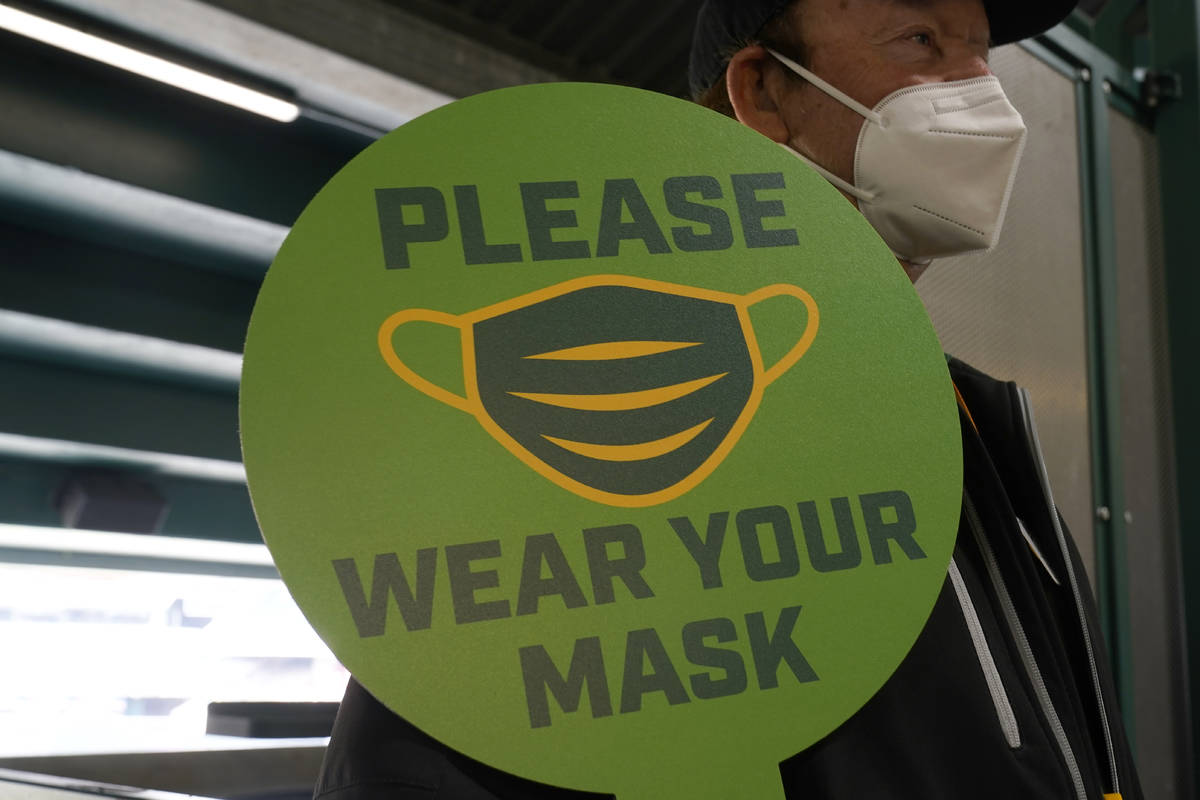California tightens rules for indoor events during pandemic
SACRAMENTO, Calif. — California will tighten its rules for indoor events next month, requiring either proof of vaccination or a negative coronavirus test for gatherings of 1,000 people or more as new cases continue to climb because of the delta variant.
California already requires these things for indoor gatherings of 5,000 people or more, but that rule says people don’t have to show proof. The new rule, which takes effect Sept. 20, requires people to show proof of vaccination or a negative coronavirus test within 72 hours to attend the event. The testing requirement includes children under 12 and others who are not allowed to get the vaccine.
The new rule will last until at least Nov. 1. State officials say they will reevaluate it by Oct. 15 to decide whether to extend it.





































